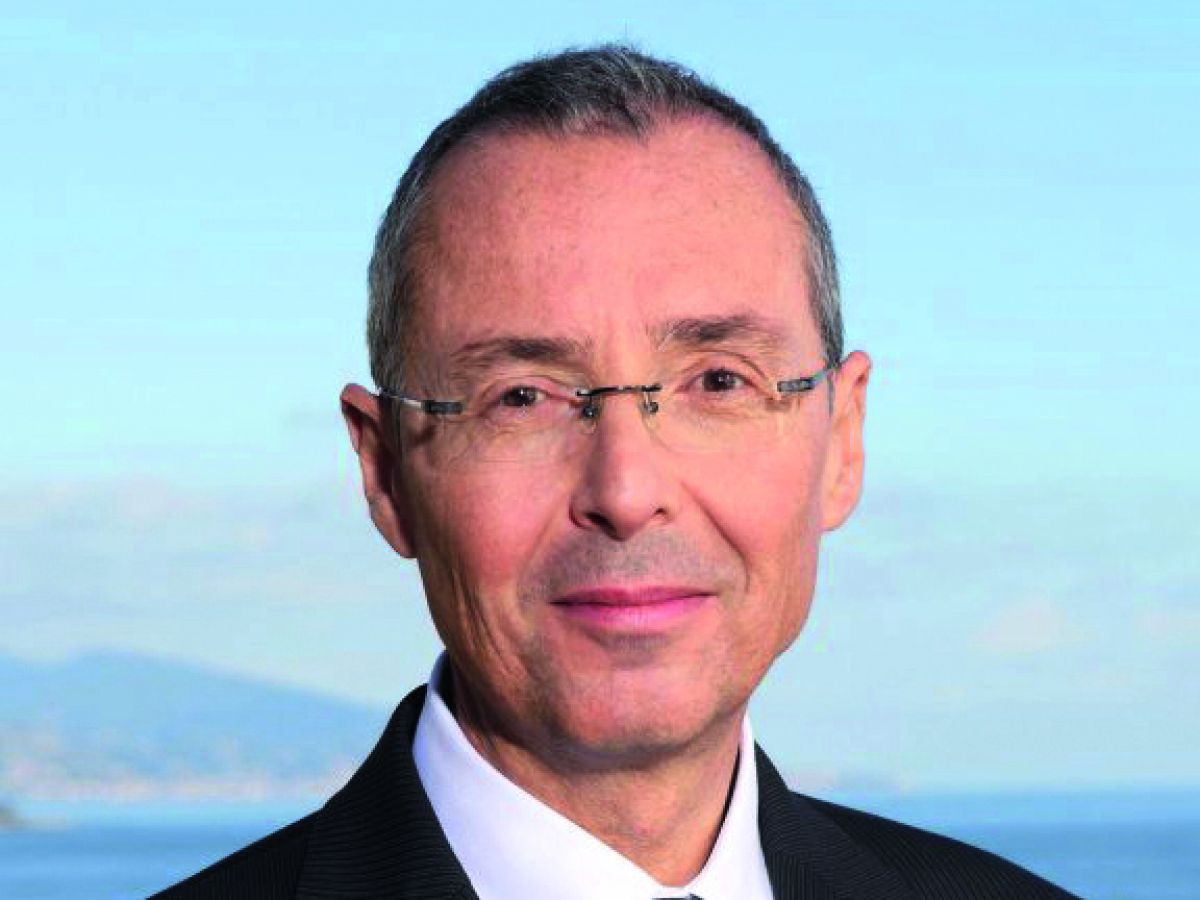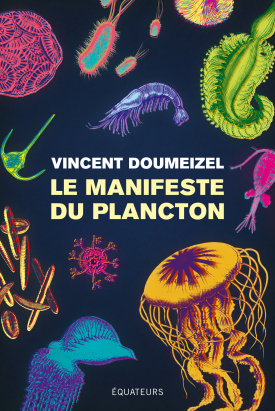Challenges – What role should ocean protection play in the fight against global warming?
Robert Calcagno – Everyone knows the crucial role of the ocean in the functioning of the planet. It covers 71% of the earth’s surface and is home to 90% of its biosphere. Not to mention that the ocean absorbs 90% of the energy released by greenhouse gases and 30% of the carbon released into the atmosphere by human activities. But it’s not free labor: the ocean is warming, and with these rising temperatures, its waters are expanding, contributing to sea level rise. Over the past decade, the ocean has found its place within international discussions, and significant progress should be highlighted, such as the objective of 30% of the planet to be protected by 2030 or the Agreement for the Protection of the High Seas and Biodiversity navy, which the principality of Monaco was also the first European state to ratify.
How to implement it effectively?
If work with scientists, government authorities and civil society remains crucial, it is now necessary to integrate economic players and the world of finance. They know how to create value! The ocean economy, which represented the equivalent of $1.5 trillion in 2010, will likely double by 2030.
With what impact?
It is a very dynamic economy, but with staggering situations, like that experienced by fishing. Under the pretext of feeding men, we treat the ocean as if nothing had changed since the Neolithic, adopting a hunter-gatherer posture, when it would be a question of getting closer to the terrestrial model, by « cultivating the sea « . Governments are trying to regulate this race to “catch the last fish”. But at the same time, they subsidize fishing fleets with ever larger units that consume more fossil fuels.
In fact, don’t the other major sectors of the maritime economy – transport and the exploitation of underground resources – depend too much on fossil fuels?
Yes, maritime transport, which provides 90% of global needs, must switch to carbon-free and more economical propulsion, consuming less fossil fuels. Perhaps also by slowing down or rather optimizing the speed of the boats. As for oil platforms, we must reduce the production of fossil fuels on land and at sea, prohibit exploration and exploitation in polar zones, particularly in the Arctic, and, conversely, develop wind farms. , which provide carbon-free energy.
What is the “blue economy” that you sometimes talk about?
It is an exploitation of the ocean in accordance with the fourteenth Sustainable Development Goal of the United Nations, which begins as follows: “Conserve and sustainably exploit the oceans…” This requires developing the artisanal fishing sector, promoting culture algae and the planting of mangroves, to encourage more sustainable tourism… Unfortunately, only 25 billion are invested each year in this blue economy, when seven times more is needed. This will be one of the objectives of the Blue Economy & Finance Forum which will be held in Monaco, as a prelude to the major United Nations conference on the ocean, in Nice, next year.
Meet Robert Calcagno at the next Common Good Summit. An event organized by TSE, Challenges and Les Echos Le Parisien Evénements, to be followed online on June 13 & 14, 2024. Free registration on the Common Good Summit website.




